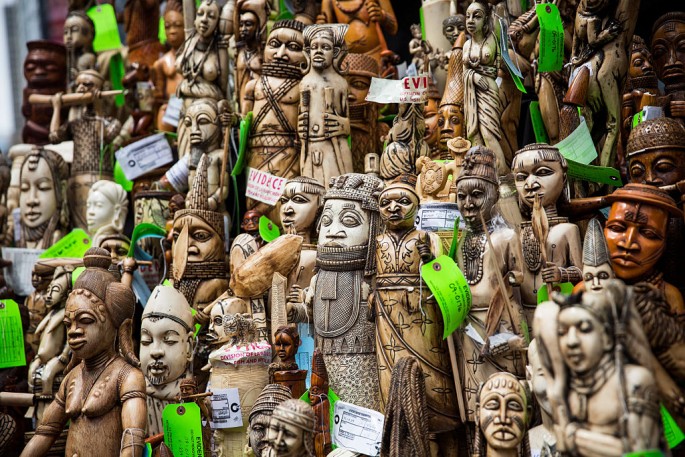Two ivory import bans that China issued in 2015 failed to curb the illegal trade. The failure of the separate one-year prohibitions issued in February and October led Beijing to impose a ban on all items acquired prior to July 1, 1975.
The State Forestry Administration (SFA) announced the ban on Tuesday. The prohibition on importation of ivory and carved-ivory products became effective on Sunday and will be in place until end of 2019, reported China Daily.
July 1, 1975 is the date that the Convention of International Trade in Endangered Species took effect. The ban issued in February covered items acquired prior to that date, while the one in October covered all ivory acquired during trophy hunting in Africa.
The two 2015 bans remain and will be extended also until end of 2019. The administration said it blacklisted all items acquired before July 1, 1975, to prevent people from making illegal profit by trading in ivory in China.
But the new law exempts activities with no commercial purposes such as public exhibits, scientific research and cultural exchange.
The measure is proof that the Chinese government is now stricter toward the protection of elephants from whose tasks the ivory are taken, said Yan Xun, chief engineer of the Department of Wildlife Conservation and Nature Reserve Management, an agency under the SFA.
According to the June 2006 report of the International Fund for Animal Welfare, it found 309 ivory dealers operating illegally in nine Chinese cities. Of the number, 255 or 83 percent belong to the black market. Ivory sold for 4,500 to 6,000 yuan ($560 to $750) per kilo.



























